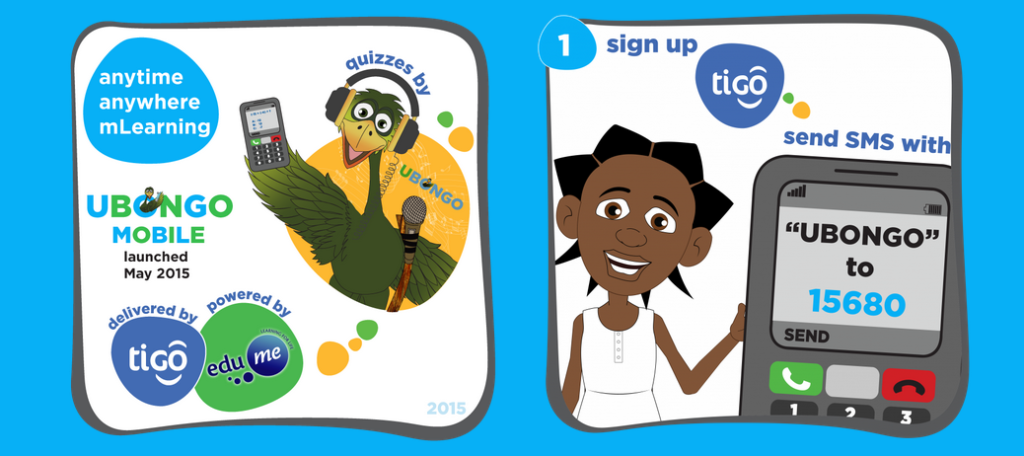The theme of my Study Tour was Gamification and mobile technology, which is epitomised by the team at Ubongo Studios in Dar Es Salaam who create an edu-cartoon watched by over 1.4 million Tanzanians. Children watching the Saturday morning shows are invited to interact live through basic mobile phones. The talking / rapping Giraffe will phone you and ask you a series of maths questions. If you get five right in a row you get to hear him sing an (educational) song. This is a brilliant implementation of Gamification in Education. Let me breakdown why this is so effective based on the Neuroscience by Bristol university on risk and variable rewards. If the child is hoping to hear a song from the giraffe they are already receiving a Dopamine hit. This keeps them attentive and focused, an ideal teaching moment. If they do get to hear a song they receive another hit of dopamine. My research into play and learning over the last few years has helped me understand why interactive games are so effective in engaging children (and adults) . The samples of edutainment being produced by Ubongo are very much in line with effective gamification techniques.
Watch this demonstration video and more on Youtube.
A good example is this video below about adding decimal numbers. The gamification technique of narrative tension is effective in engaging me to watch the whole 10 minutes. If this was a Khan Academy Video I would not have been enticed to keep watching just to see how the story ends. There is even a plot twist involving knots that added an element of surprise and denouement. With early childhood maths exercises repetition is the key to embedding these concepts. Wrapping a story and characters around basic problems is a brilliant way of using repetition without boredom.
Our conversation at Ubongo Strudios drifted into the area of credentialing and how to shift the focus from rote learning to pass an exam and receive a certificate towards more authentic learning. I see Open Badges as a valuable way of breaking down qualifications and curriculums into small achievable goals in plain English (or Swahili) . If the learner can understand what they have achieved at small milestones along the way they will appreciate the journey rather than the focusing only on the goal at the end (which is valuable too). Games excel at this constant granular feedback and education can borrow these effective techniques to improve engagement and confidence of the learners.
The first steps toward this are Ubongo Kids Clubs which are now being trialled in north Tanzania. Groups of children are encouraged to watch the Ubongo episodes together and complete worksheets. This is being accomplished through the re-use of existing Community spaces set up for watching sports events. Even the most remote villages will often have a communal large screen television set up in a Cafe ready for public sharing of football games. The off-peak times at these community centres is being re-purposed into group learning based on Ubongo edutainment. This reminded me of Suga Mitra’s work with SOLE, which is getting great success in many countries. I am keen to see how the Ubongo Kids’ club concept develops.
